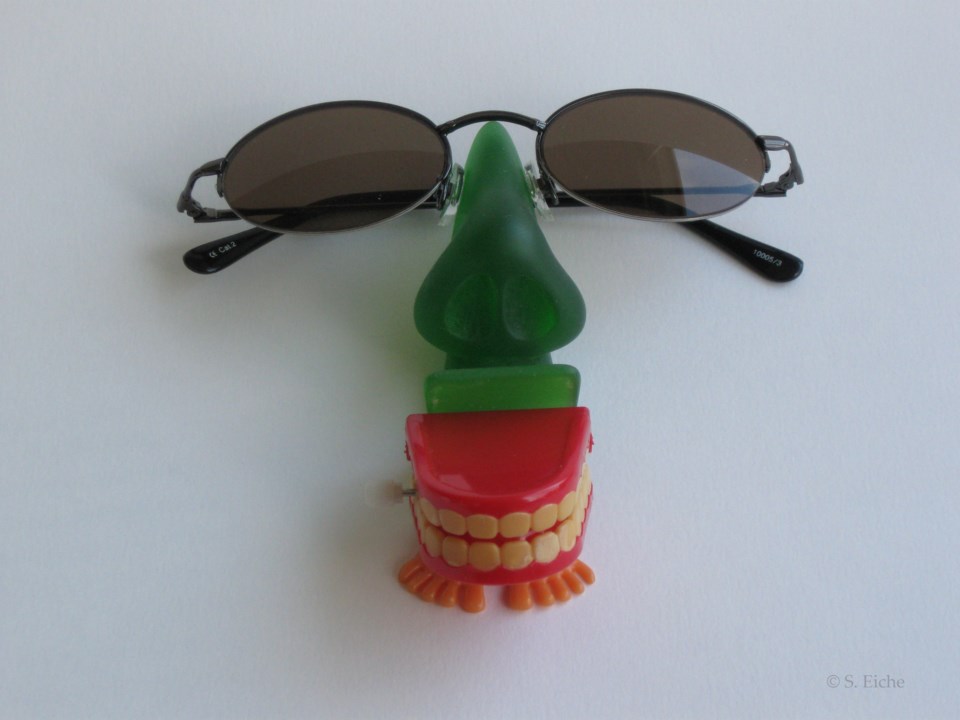For the longest time when I thought of the senses, I thought only of sight, hearing, smell, taste and touch. They were mentioned by the ancient Greek philosopher Aristotle (364 BC to 322 BC) in his treatise De Anima as the five senses that allowed us to perceive reality.
They’re still the best-known basic physiological senses, but scientists argue that the real number of our senses is much greater, somewhere between 22 and 33. Their names may be unfamiliar, but the roles they play in our lives are certainly as essential as those of seeing, hearing, smelling, tasting and touching.
Among the better-known of these senses is equilibrioception, which refers to our sense of balance. It helps us to walk, stand, and sit without falling over. Proprioception (also occasionally referred to as kinesthesia, a modern medical term) is the sense related to spatial awareness, informing us about the location and movement of our body parts. The term comes from the Latin proprius, meaning one’s own, and capio, to take. Proprioception lets us walk or climb steps without looking at our feet, type without looking at the keyboard, or move our finger to the tip of our nose with eyes closed — the latter often used by the police as a test of sobriety.
Noxious stimuli are sensed through nociception, based on the Latin nocere, meaning to harm. The term was coined by the English neurophysiologist Sir Charles Scott Sherrington (1857 to1952) to distinguish between the physiological or nervous process and the subjective experience called pain.
Chronoception has to do with our perception of time. Are you like me, often able to tell what time it is (give or take a few minutes) without looking at a clock or watch? It’s the ability to sense the passing of time.
We’re able to feel temperature differences thanks to thermoception. Without this sense to alert us, our bodies would be in danger of overheating or overcooling.
Researchers continue to explore the human senses, a seemingly endless investigation. As recently as 2021, two American scientists won the Nobel Prize in Physiology or Medicine “for their discovery of receptors for temperature and touch.”
The word sense refers not only to a physiological function, such as sight, hearing, etc. We use it also to refer to a certain psychological or mental awareness. It might be described as a kind of compass for our emotions or feelings. For instance, we speak of a sense of decency, a sense of justice, a sense of right and wrong. We can count ourselves fortunate if we possess a sense of humour, a sense of curiosity, or a sense of wonder.
Senses can influence our behaviour. If we’re deemed to have good sense it means that we are capable of making reasonable decisions, of possessing sound judgment. Sometimes good sense is called common sense or, informally, horse sense.
Our senses, whether physiological or psychological, are precious gifts. When OpenAI launched the art generator DALL-E 2, and when ChatGPT was turned loose on humanity a few months ago, I was gripped by a sense of fear. It seemed that so many people were prepared, even eager, to surrender, to outsource our precious mental gifts to artificial intelligence. But then I remembered that artificial intelligence cannot do what we humans do — we observe and create; artificial intelligence does not observe or create, it mimics. Although we could live without artificial intelligence, it could not live without us. That gave me an enormous sense of relief.
Sabine Eiche is a local writer and art historian with a PhD from Princeton University. She is passionately involved in preserving the environment and protecting nature. Her columns deal with a broad range of topics and often include the history (etymology) of words in order to shed extra light on the subject.



